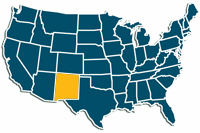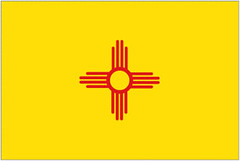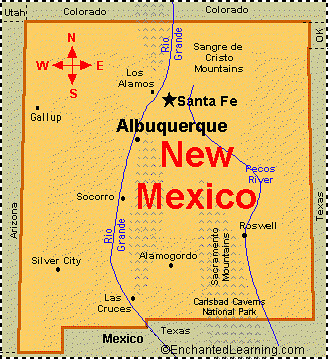
Today is the birthday of Jacob Hammel (February 10, 1827-July 9, 1901). He was born in Rheinfalz, Germany, and emigrated to the U.S. in 1849, when he was 22. He initially settled in Ohio, but moved to Lebanon, Illinois where he started the Illinois Brewing Co. For health reasons, his son William moved to Sirocco, New Mexico, and his brother Gustav joined him and they founded Hammel Bros. & Co. But their father Jacob joined them when he was older, around 1888, and they renamed it the Illinois Brewing Co.
This obituary is from the American Brewers Journal five years after his death in 1901, in their “Five Years Ago” page in the 1906 edition.

This description of Hammel and his breweries’ histories
According to an oral history interview of Clarence Hammel by Helen Sickles, his grandfather Jakob Hammel emigrated from Bavaria ca. 1848 in company with (Eberhard) Anheuser and briefly considered forming a partnership with him in St. Louis, Missouri. The two men were evading conscription into the army before the War of 1849. They separated, and Anheuser established E. Anheuser & Co. (later Anheuser-Busch) in 1860 in St. Louis, Missouri, while Hammel set up the Illinois Brewing Co. (also called Illinois Brewery Co.) ca. 1870 in Lebanon, Illinois. Jakob’s son, William Hammel, was born in 1857 and migrated as a young adult to Socorro in 1882. Like many other newcomers he traveled west on a doctor’s recommendation to find a cleaner and healthier environment. He set up a warehouse and imported beer from Illinois until 1886 when he bought property from Pedro Montoya and started a brewery housed in adobe buildings. In 1904 the Illinois Brewery Co. moved into a new stone building which is now known as the Hammel Museum. The product was a lager beer with the label, Export, later changed to Select. The brewmaster was Francis Eppele.
In 1919 the Volstead Act (18th Amendment) put an end to the brewing operation, and the company continued for almost half a century as an ice house and bottling plant. The company had a very early franchise for Pepsi-Cola to which it added Orange Crush, Dr. Pepper, and Grapette. The growing number of home electric refrigerators eventually reduced the demand for ice to an unprofitable level and the business closed in 1969. Ownership was transferred to the Socorro County Historical Society.

And this is from “100 Years of Brewing.”








